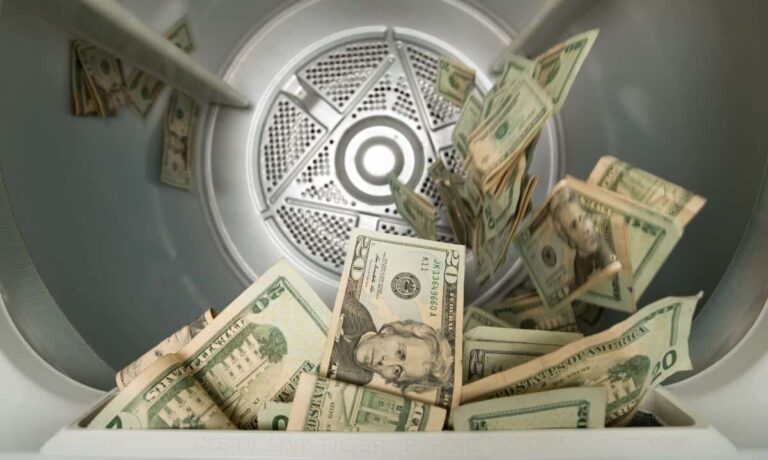The US Treasury says that despite the growing trend of illegal actors turning to cryptocurrencies for money laundering and financing, cold hard cash remains their preferred tool. I reported it.
The Treasury Department highlighted the various threats, vulnerabilities, and risks associated with illicit finance in the United States in its 2024 National Risk Assessment on Money Laundering, Terrorist Financing, and Proliferation Finance.
Digital asset threats are on the rise
Treasury authorities observe that although fiat currencies remain the primary vehicle for money laundering and terrorist financing, the threat posed by digital assets is increasing.
According to the 2024 National Money Laundering Risk Assessment, fraud, particularly through investment schemes and healthcare fraud, remains the main source of money laundering activity. The report highlights an increase in fraud related to technological advancements, such as those related to telemedicine and virtual asset investments.
Meanwhile, terrorist organizations such as ISIS and Hamas are turning to virtual assets to raise funds. This growing trend has raised concerns among lawmakers in recent months. An October report in the Wall Street Journal noted that Hamas, among other militant groups, was using cryptocurrencies as a financing tool ahead of attacks on Israel.
The report also found that the most frequent financial interactions between individuals in the United States and foreign terrorist organizations include direct solicitation of funds and transfers of funds to these groups, similar to trends in 2022. It turned out that there was an attempt. These transactions are carried out using cash, registered money, service businesses, and in some cases virtual assets.
Concerns about DeFi and stablecoins are growing
The Treasury Department further highlighted the challenges posed by decentralized finance (DeFi), particularly for these services that are considered financial institutions under the Bank Secrecy Act (BSA), including anti-money laundering (AML) and anti-terrorism financing measures. He emphasized that there is an obligation to comply with the (CFT) Regulations.
Despite these requirements, the Treasury Department observed that many DeFi services subject to the BSA have significant compliance deficiencies and are being exploited by illegal actors.
The report highlights the interest of criminals in exploiting emerging financial services such as DeFi platforms and online gaming, noting that the anonymity offered by online gaming and the sector's considerable size and rapid growth make it unique. This raises concerns that it poses a money laundering risk.
Treasury also expressed concern about the increased use of stablecoins, a shift from the 2022 National Terrorism Financing Risk Assessment (NTFRA), where terrorist organizations solicited donations primarily in Bitcoin.
Deputy Treasury Secretary Wally Adeyemo has previously expressed concerns about dollar-based stablecoins, particularly those outside the United States, and emphasized regulatory oversight surrounding these digital assets.


